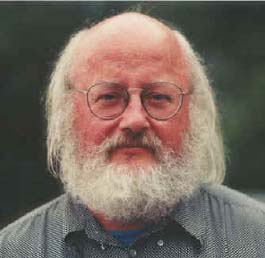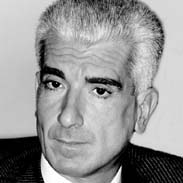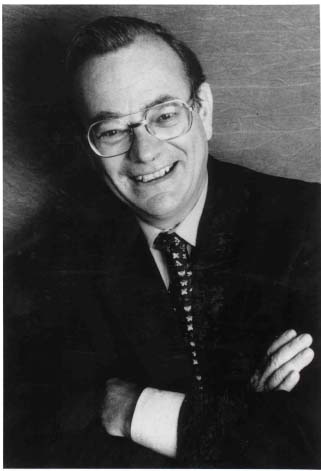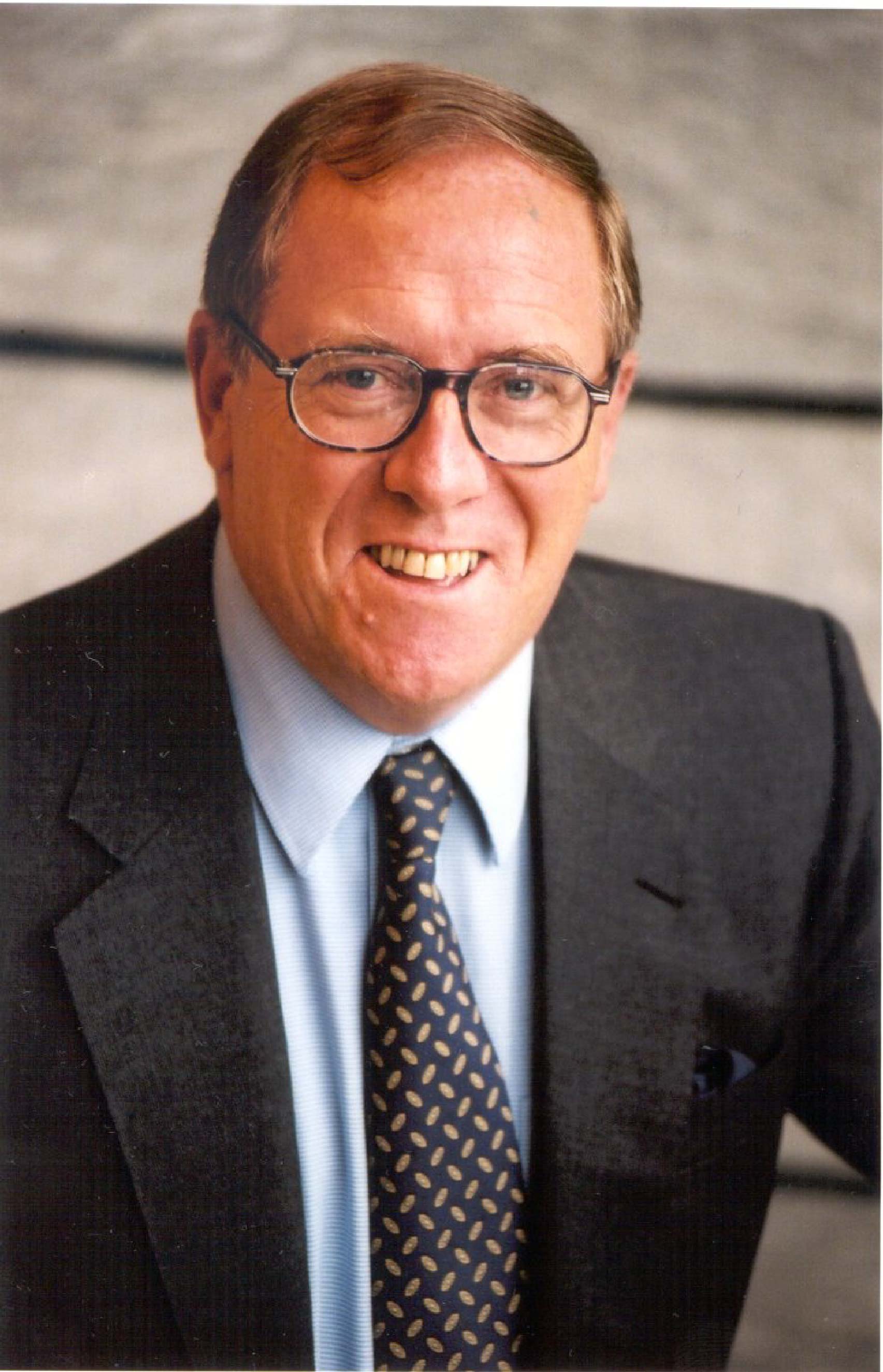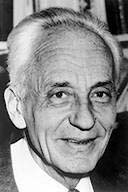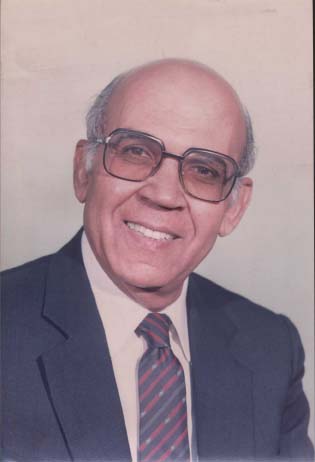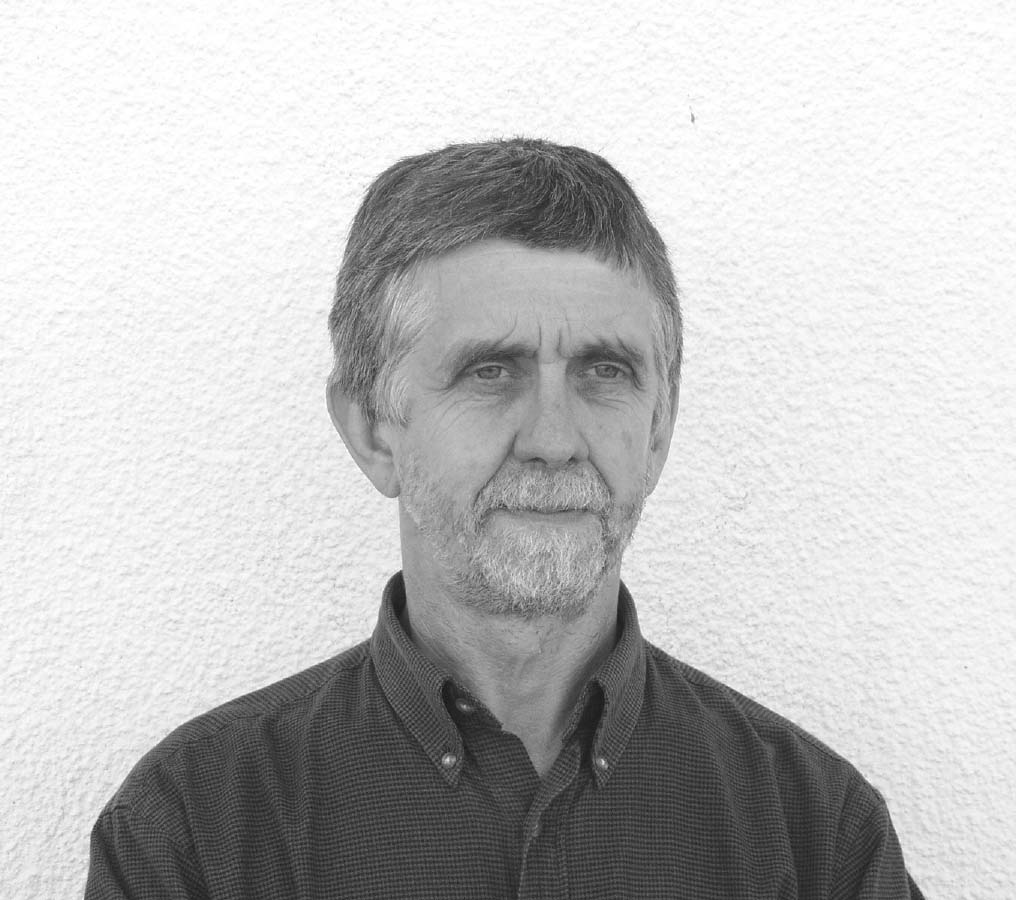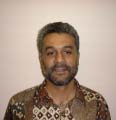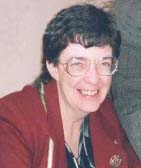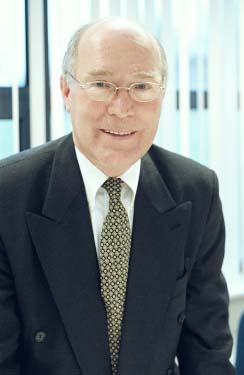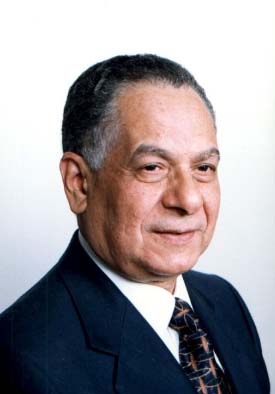Abdellah, Mohamed
Vice President, University of Alexandria,
Alexandria, Egypt
Mohamed Abdellah, Bachelor of Economics and Political Sciences, University of Alexandria, 1967; Post-graduate Diploma in Economics, Poitiers Universities, France, 197l; Post-graduate diploma in Business Administration, University of Paris, 1972; Doctrate d'Etate (Ph.D) in Economics, Paris University, 1974; Post-graduate diploma in Political Sciences, Political Science Institute. Paris University.
In addition to several programmes and training courses in the United States of America, among which the most important are as follows:
Programme on Tax Development in the developing countries, University of Southern California, 1979; Programme on the Economics and Political System of the USA, part of a Programme on leadership, Washington, 1980; Programme on the Evaluation of Investment Administration Strategies, Harvard University, 1986; Programme on the Stock Exchange in developing countries, Washington, 1994 (for 4 weeks).
Academic History: A lecturer of Public Economics, Faculty of Commerce, Alexandria University 1975; Visiting lecturer of Comparative Tax Systems Paris University; Professor of Public Finance and Public Economics, Head of Finance Department, Alexandria University since 1987; Vice-President of the Alexandria University since October 1994; Supervised more than twenty-five Ph.D thesis in Economics and Public Finance.
Political History: Member of Parliament for El-Montazah - Alexandria Governorate, 1979-2000; Head of the Foreign Affairs Commitee at Peoples Assembly from 1980-2000; Secretary of the National Democratic Party for Alexandria Governorate 1978-1981 and from 1983-1985; Member of the General Secretariat of the National Democratic Party since 1981; Head of the Arab Affairs Commitee of the National Democratic Party, 1988-1998; Vice-President of the Middle East Commitee of the Socialist International
Awards and Prizes of Achievement: Legion d'Honneur, from the French Republic; Francophonic Award from President Leopold Singore; Alexandria University Prize of Achievement, 1999.
